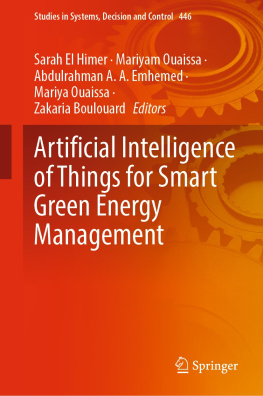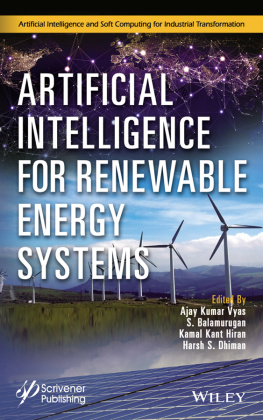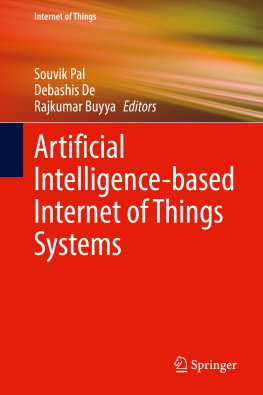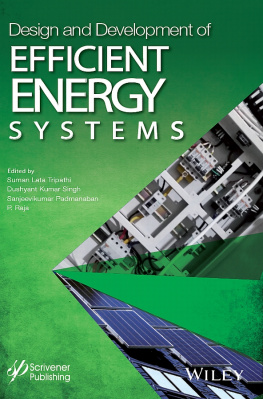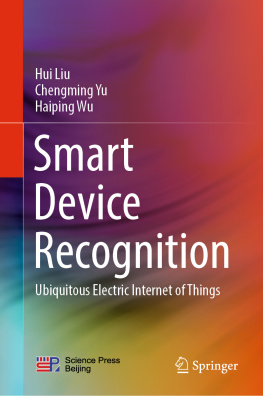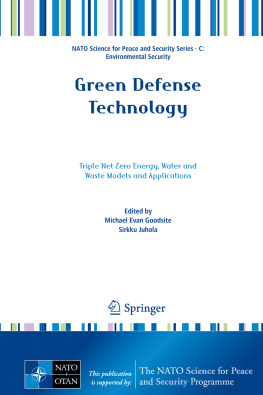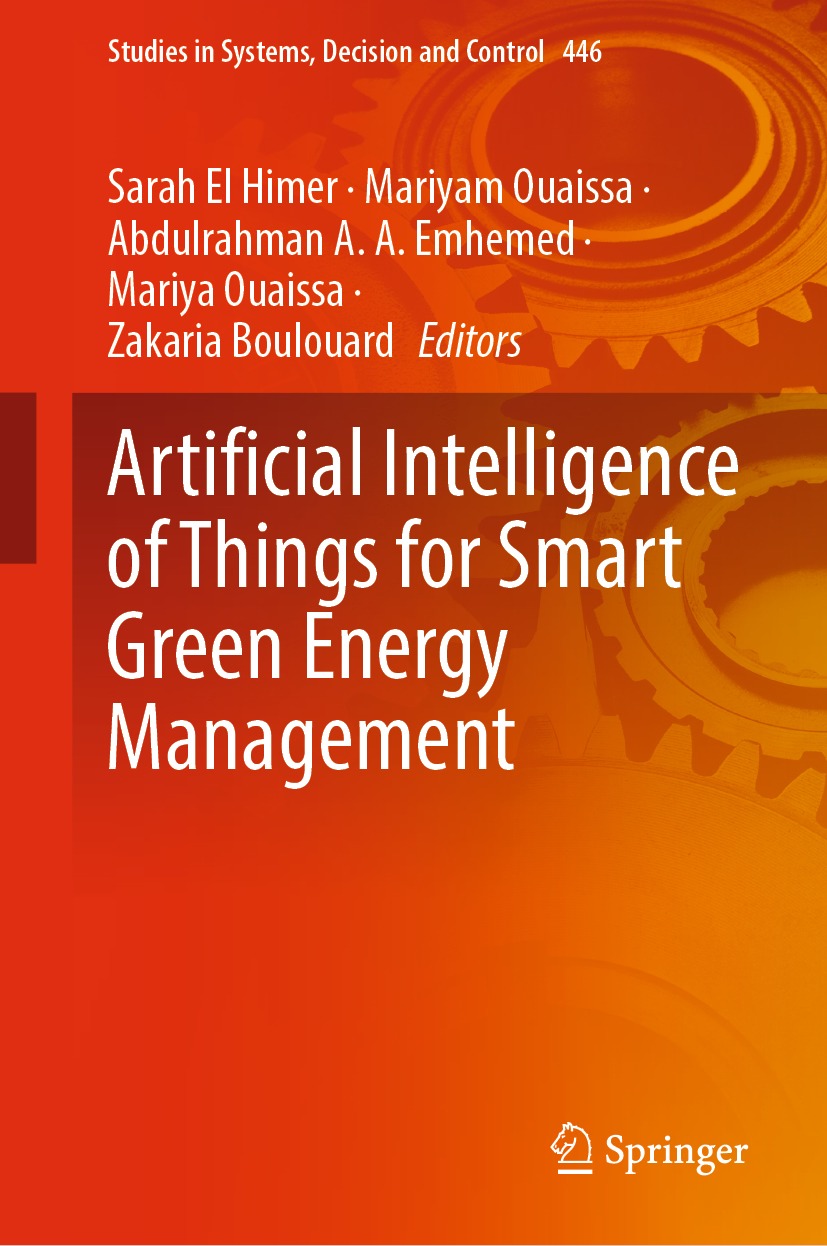Volume 446
Studies in Systems, Decision and Control
Series Editor
Janusz Kacprzyk
Systems Research Institute, Polish Academy of Sciences, Warsaw, Poland
The series Studies in Systems, Decision and Control (SSDC) covers both new developments and advances, as well as the state of the art, in the various areas of broadly perceived systems, decision making and controlquickly, up to date and with a high quality. The intent is to cover the theory, applications, and perspectives on the state of the art and future developments relevant to systems, decision making, control, complex processes and related areas, as embedded in the fields of engineering, computer science, physics, economics, social and life sciences, as well as the paradigms and methodologies behind them. The series contains monographs, textbooks, lecture notes and edited volumes in systems, decision making and control spanning the areas of Cyber-Physical Systems, Autonomous Systems, Sensor Networks, Control Systems, Energy Systems, Automotive Systems, Biological Systems, Vehicular Networking and Connected Vehicles, Aerospace Systems, Automation, Manufacturing, Smart Grids, Nonlinear Systems, Power Systems, Robotics, Social Systems, Economic Systems and other. Of particular value to both the contributors and the readership are the short publication timeframe and the world-wide distribution and exposure which enable both a wide and rapid dissemination of research output.
Indexed by SCOPUS, DBLP, WTI Frankfurt eG, zbMATH, SCImago.
All books published in the series are submitted for consideration in Web of Science.
Editors
Sarah El Himer , Mariyam Ouaissa , Abdulrahman A. A. Emhemed , Mariya Ouaissa and Zakaria Boulouard
Artificial Intelligence of Things for Smart Green Energy Management

Logo of the publisher
Editors
Sarah El Himer
Department of Electrical Engineering, Sidi Mohamed Ben Abdellah University, Fez, Morocco
Mariyam Ouaissa
Moulay Ismail University, Meknes, Morocco
Abdulrahman A. A. Emhemed
Department of Electrical Engineering, Bright Star University, El-Brega, Libya
Mariya Ouaissa
Moulay Ismail University, Meknes, Morocco
Zakaria Boulouard
University of Hassan II Casablanca, El Mansouria, Morocco
ISSN 2198-4182 e-ISSN 2198-4190
Studies in Systems, Decision and Control
ISBN 978-3-031-04850-0 e-ISBN 978-3-031-04851-7
https://doi.org/10.1007/978-3-031-04851-7
The Editor(s) (if applicable) and The Author(s), under exclusive license to Springer Nature Switzerland AG 2022
This work is subject to copyright. All rights are solely and exclusively licensed by the Publisher, whether the whole or part of the material is concerned, specifically the rights of translation, reprinting, reuse of illustrations, recitation, broadcasting, reproduction on microfilms or in any other physical way, and transmission or information storage and retrieval, electronic adaptation, computer software, or by similar or dissimilar methodology now known or hereafter developed.
The use of general descriptive names, registered names, trademarks, service marks, etc. in this publication does not imply, even in the absence of a specific statement, that such names are exempt from the relevant protective laws and regulations and therefore free for general use.
The publisher, the authors and the editors are safe to assume that the advice and information in this book are believed to be true and accurate at the date of publication. Neither the publisher nor the authors or the editors give a warranty, expressed or implied, with respect to the material contained herein or for any errors or omissions that may have been made. The publisher remains neutral with regard to jurisdictional claims in published maps and institutional affiliations.
This Springer imprint is published by the registered company Springer Nature Switzerland AG
The registered company address is: Gewerbestrasse 11, 6330 Cham, Switzerland
Preface
Energy is considered a very important ingredient in all human activities such as health, food production, education, industrial production, and transportation. Modern energy services are a powerful engine of economic and social development. In fact, no country has ever succeeded in developing well beyond a subsistence economy without ensuring a minimal access to energy services for a large part of its population. Green energy is defined as a primary energy source that produces a relatively small amount of pollutants when transformed into final energy and then used as such. Green energy is obtained from renewable sources such as sunlight, wind, biomass, and geothermal energy. They neither affect general health, nor pollute the environment, nor represent a burden on the environment. For this reason, green energy is the technology that will ensure a clean and healthy environment to the future generations.
For saving energy in buildings, vehicles, communication networks, and industries, it is important to develop efficient Energy Management Systems (EMS). Like energy production, energy saving is also equally important because the amount of energy saved can be considered as the amount of energy generated. Therefore, it is extremely important to save energy as much as possible in both consumer and industrial context scenarios.
With the advancements in technology, the green energy sector has made a significant progress in the last decade. However, there are still a few challenges in this sector that can be addressed with the help of emerging technologies. Technologies like Artificial Intelligence (AI) and Machine Learning (ML) can analyze the past, optimize the present, and predict the future. AI in the renewable and green energy sector can resolve most of the challenges these sectors are facing.
In order to produce low-cost, smart, and efficient solutions, advanced green energy management systems must use cutting-edge technologies such as artificial intelligence and the Internet of Things. On one hand, Artificial Intelligence helps the system to optimize power consumption, resulting in a more energy-efficient system; on the other hand, the Internet of Things allows the system to be wire-free and operate with more flexibility.
Intelligent solar energy systems, intelligent wind energy systems, and energy efficiency oriented research in intelligent electric cars are just a few of the subjects covered in this book. Artificial intelligence technologies such as artificial neural networks, genetic algorithms, fuzzy logic, and a mix of the aforementioned in hybrid systems are used in all of these disciplines and more. Energy management, equipment monitoring, security, fire management, life safety, and factory automation are some of the application options.
This book is intended to assist in the development of low-cost, smart, and efficient green energy solutions. We will also examine the problems that various nations have in these areas and provide solutions based on AI and IoT.
The first chapter of this book starts with an introduction to Artificial Intelligence and the Internet of Things and their role in renewable energy. The authors in chapter suggest a new approach to improve the LVRT capability of a wind turbine during a voltage sag in the electrical network.

